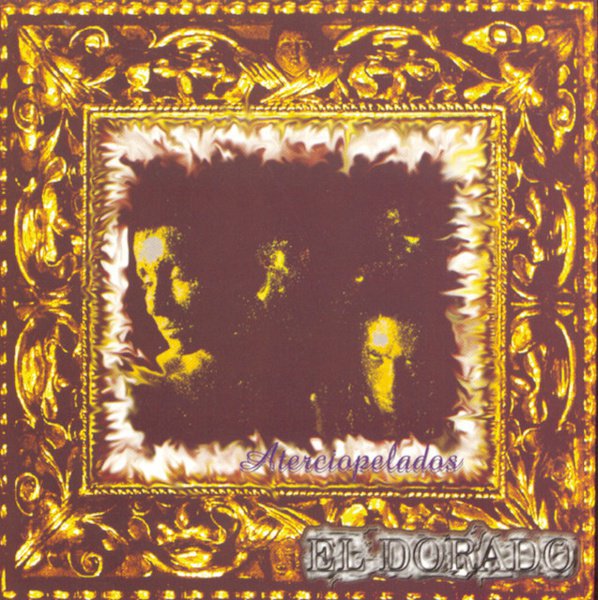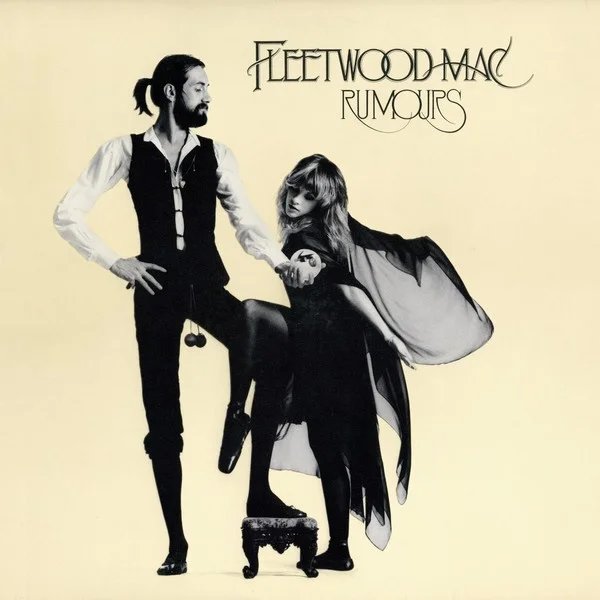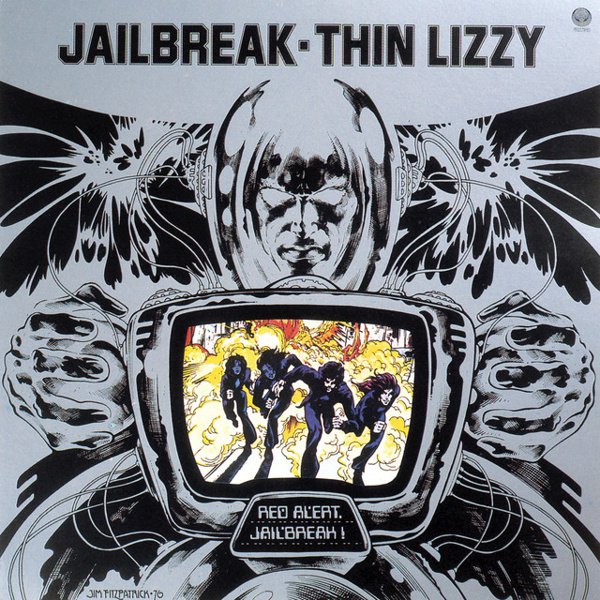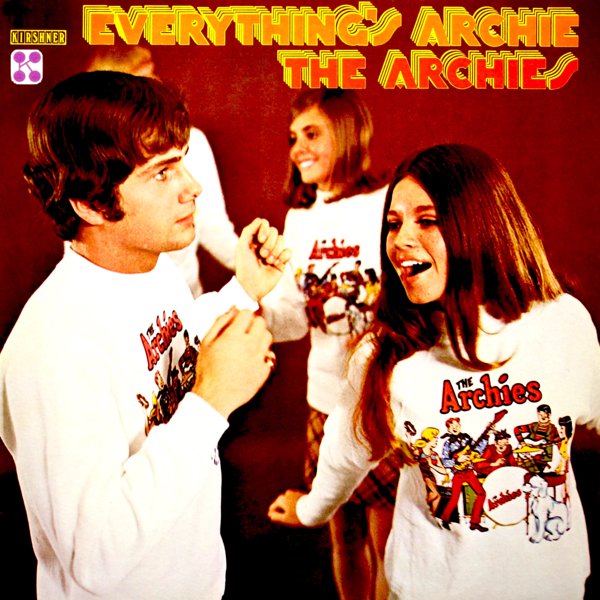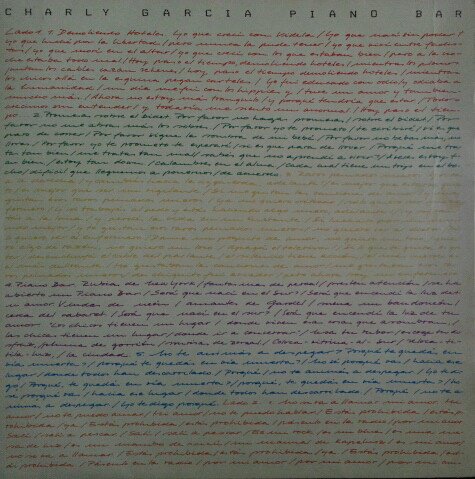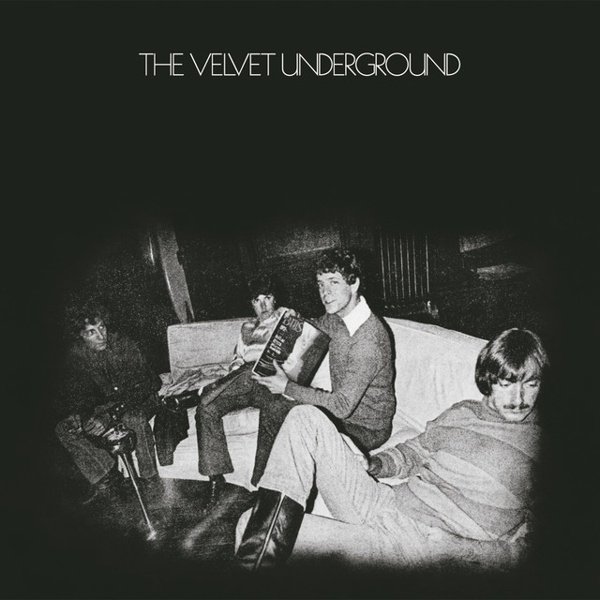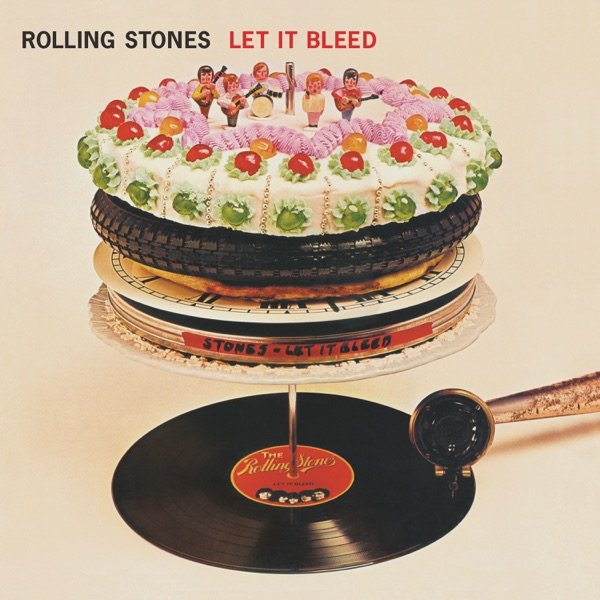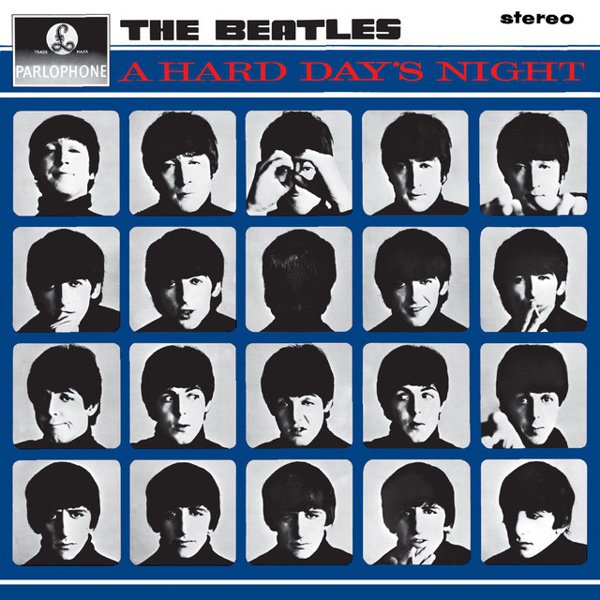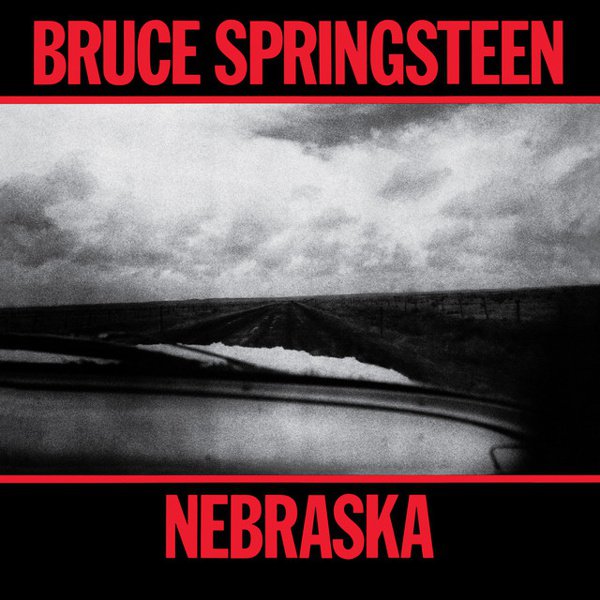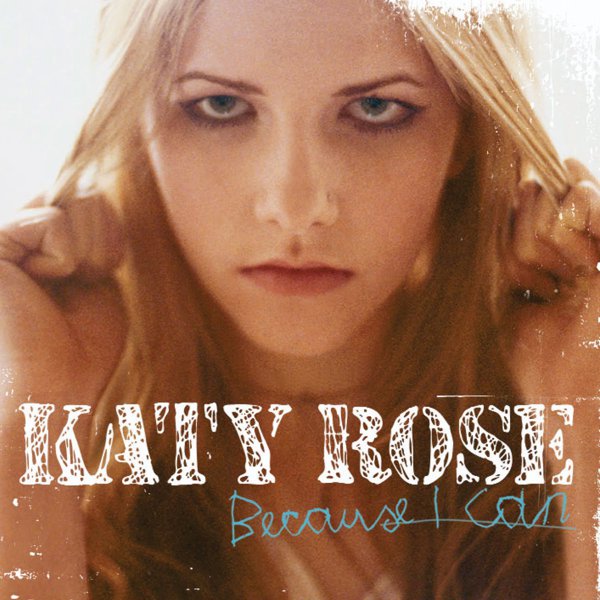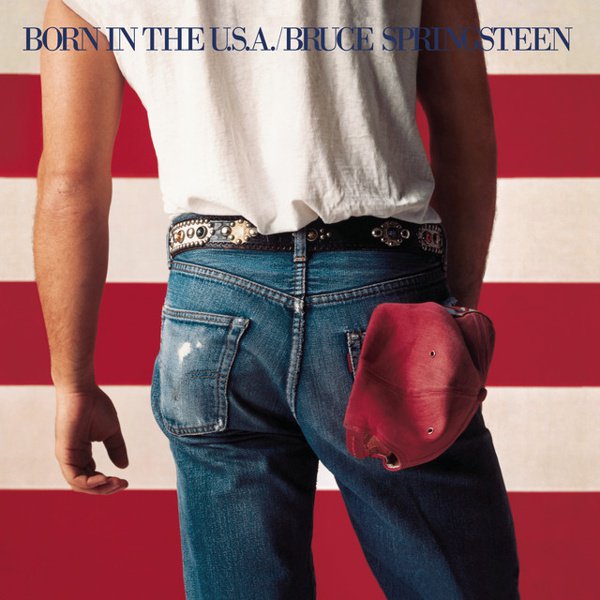
Recommended by
Born in the U.S.A.
The biggest blockbuster of Bruce Springsteen’s or damn near any other pop artist’s career was also one of the greatest Trojan horses in rock’n’roll history. The ultra-multi-Platinum Born in the U.S.A. was a sliver under the fingernail of Reaganland’s hyperpatriotic Olympian victory-lap 1984, cleverly concealed as a big-budget “sellout” move infused with synthpop gloss and some of Springsteen and company’s most deathlessly memorable compositions. While its forgotten-Nam-vet title cut might’ve courted disaster when it came to being misinterpreted and hijacked — the hook was so powerful it tricked a lot of the songs’ antagonists into thinking it was celebrating their ideology, the Reagan campaign included — it was also the linchpin of an album featuring some of the most undisguised excoriations of what had happened to mid ’80s America. It sounds more upbeat than Nebraska — an easy-enough feat, but bolstered by an unabashedly gorgeous and fine-tuned production that made the E Street Band sound like colossi. (Take your pick: Clarence Clemons ripping out your heart with that sax coda to “Dancing in the Dark”; Max Weinberg breathing rich life into the minimalist yet tensely roiling backbeat on “I’m On Fire”; Roy Bittan every time he touched a keyboard.) But that’s how you get a lot of unsuspecting listeners on board with an album that does even more than its predecessor to tear all those myths about American exceptionalism to shreds. There’s a chipper-sounding yet ultimately despairing song that combines America’s two greatest national pastimes, baseball and futile nostalgia (“Glory Days”). There’s an unflinching look at “My Hometown” that lays bare the racial rifts, empty storefronts, and shuttered factories that spread throughout the Rust Belt after LBJ’s Great Society was swiftly picked apart. There are three love songs — the power-pop TNT of “Cover Me,” the simmering, pulsating rockabilly-via-synthpop ache of “I’m On Fire,” and the monomaniacal ruminations of the country-rocker “I’m Goin’ Down” — that all ripple with the effects of trying to make it in a desperate time, all of which could be put on the podium of his best work in that vein if they didn’t share an LP with his all-time greatest example in “Dancing in the Dark.” And all of them were top 10 Billboard chart hits — the kind of feat that required invoking Thriller just to have a good comparison point. Or maybe it was more like the pop music answer to Star Wars in inverse — an era-defining blockbuster that dominated the conversation by recentering a disillusioned, perceptive fatalism that escapist corporate pop culture had tried its best all decade to eradicate.

